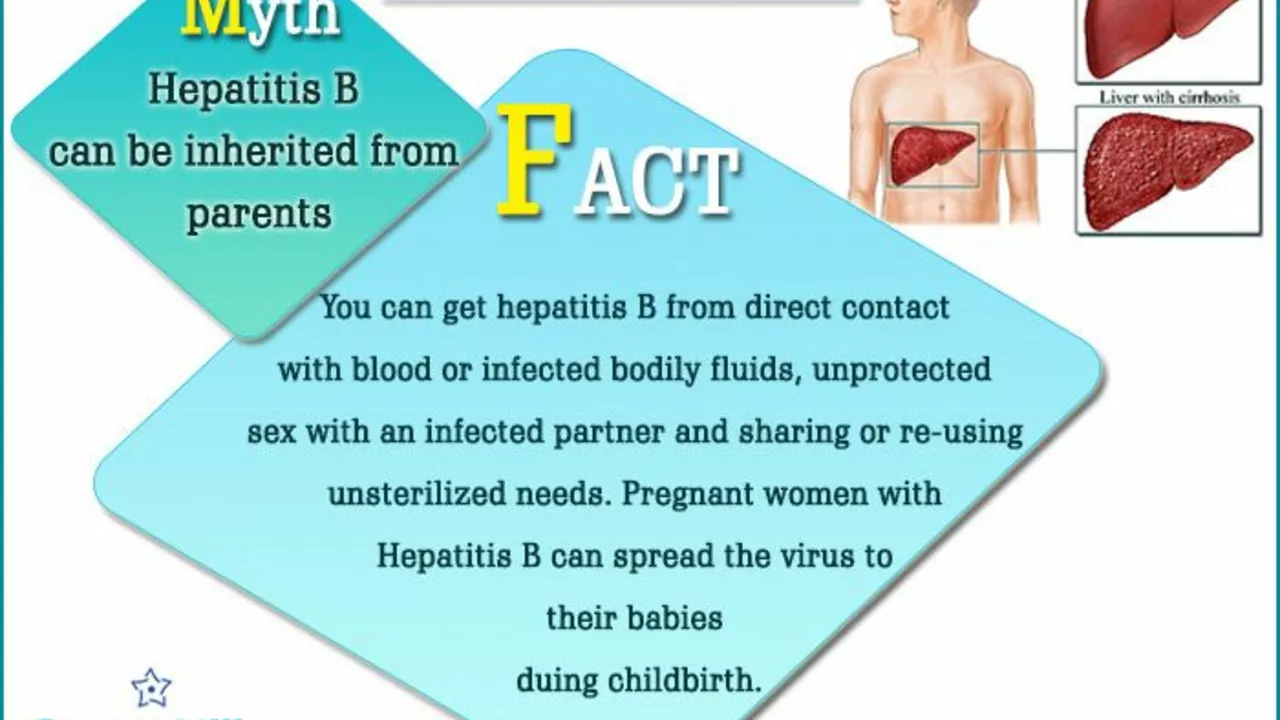Diet Tips & Healthy Eating Guide – Simple Ways to Boost Your Nutrition
If you’ve ever felt confused by all the diet advice out there, you’re not alone. The good news is that healthy eating doesn’t have to be a puzzle. By focusing on a few core habits, you can make big improvements without counting every calorie or buying exotic foods.
Start with Real Food, Not Fancy Fads
The easiest rule is to fill most of your plate with whole foods – think vegetables, fruits, lean proteins, and whole grains. These items are naturally rich in vitamins, fiber, and protein, which keep you full and energized. Swap out processed snacks for a handful of nuts or fresh fruit; the difference shows up in your energy levels within minutes.
When you shop, try to stay on the perimeter of the grocery store. That’s where you’ll find fresh produce, meat, dairy, and eggs. The middle aisles are loaded with packaged goods that often hide sugar, salt, and unhealthy fats. By sticking to the outer edges, you’ll naturally cut down on empty calories.
Simple Swaps That Make a Big Impact
Little changes add up fast. Replace sugary soda with sparkling water flavored with a slice of lemon or cucumber – it’s refreshing and cuts out dozens of grams of sugar. Use Greek yogurt instead of sour cream for dips; you get more protein and less fat in one easy switch.
If you love pasta, try swapping half the regular noodles for whole‑grain or legume‑based versions. You’ll boost fiber intake and feel satisfied longer. For breakfast, ditch sugary cereals and reach for oatmeal topped with berries and a drizzle of honey. It’s quick, cheap, and keeps cravings at bay.
Don’t forget about hydration. Drinking enough water can curb false hunger signals. Aim for eight glasses a day, or more if you exercise heavily. A simple trick is to keep a reusable bottle on your desk – every sip reminds you to stay hydrated.
Supplements: Helpful Helpers, Not Magic Pills
While whole foods should be your primary source of nutrients, some supplements can fill gaps. A daily multivitamin covers basic needs, especially if your diet is limited. Vitamin D and omega‑3 fish oil are common additions for people who get little sun or seafood.
Before you add anything new, check with a pharmacist or doctor. Too much of one vitamin can cause problems, and some supplements interact with medications. The key is to use them as a backup, not a replacement for real food.
Putting It All Together
The secret to lasting change is consistency, not perfection. Pick one habit – like adding a veggie side to dinner – and stick with it for two weeks. Then add another small tweak. Over time you’ll build a diet that feels natural and keeps your body running well.
Remember, the goal isn’t a strict regime; it’s feeling better day by day. By choosing real foods, making easy swaps, staying hydrated, and using supplements wisely, you create a simple yet powerful diet plan that works for anyone.

The Role of Nutrition in Managing Hepatitis C
In my recent exploration, I delved into the significant role nutrition plays in managing Hepatitis C. It became clear that maintaining a healthy diet not only boosts the immune system but also aids in the management of treatment side effects. Foods rich in antioxidants, fiber, and lean proteins are beneficial while processed foods, alcohol, and excessive fat can worsen liver damage. Additionally, staying hydrated is crucial as it helps maintain energy levels and flush toxins from the body. It's fascinating how the right nutrition can be a powerful ally in fighting this disease!
Read More